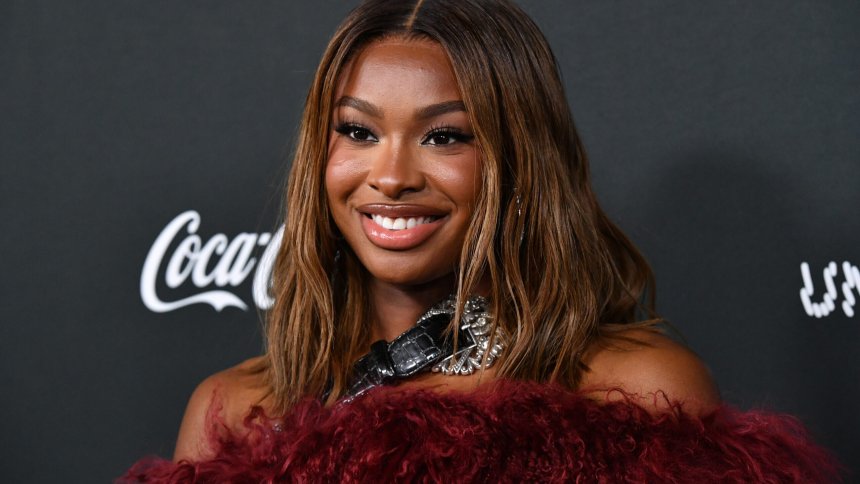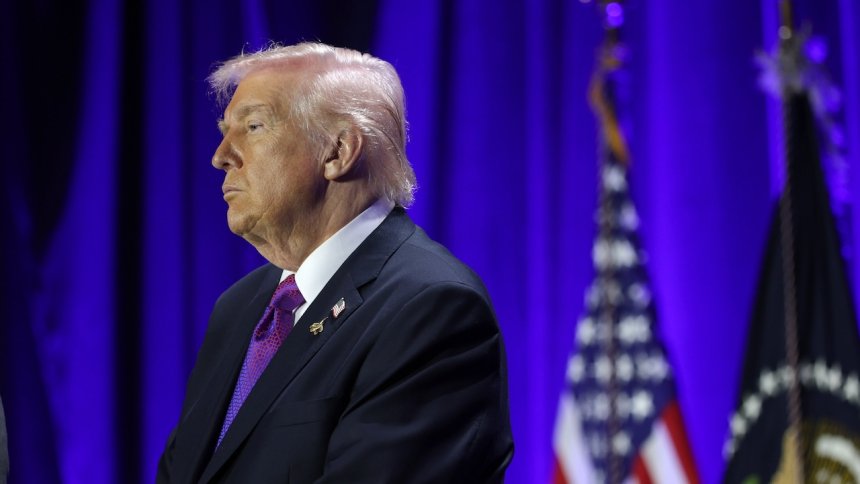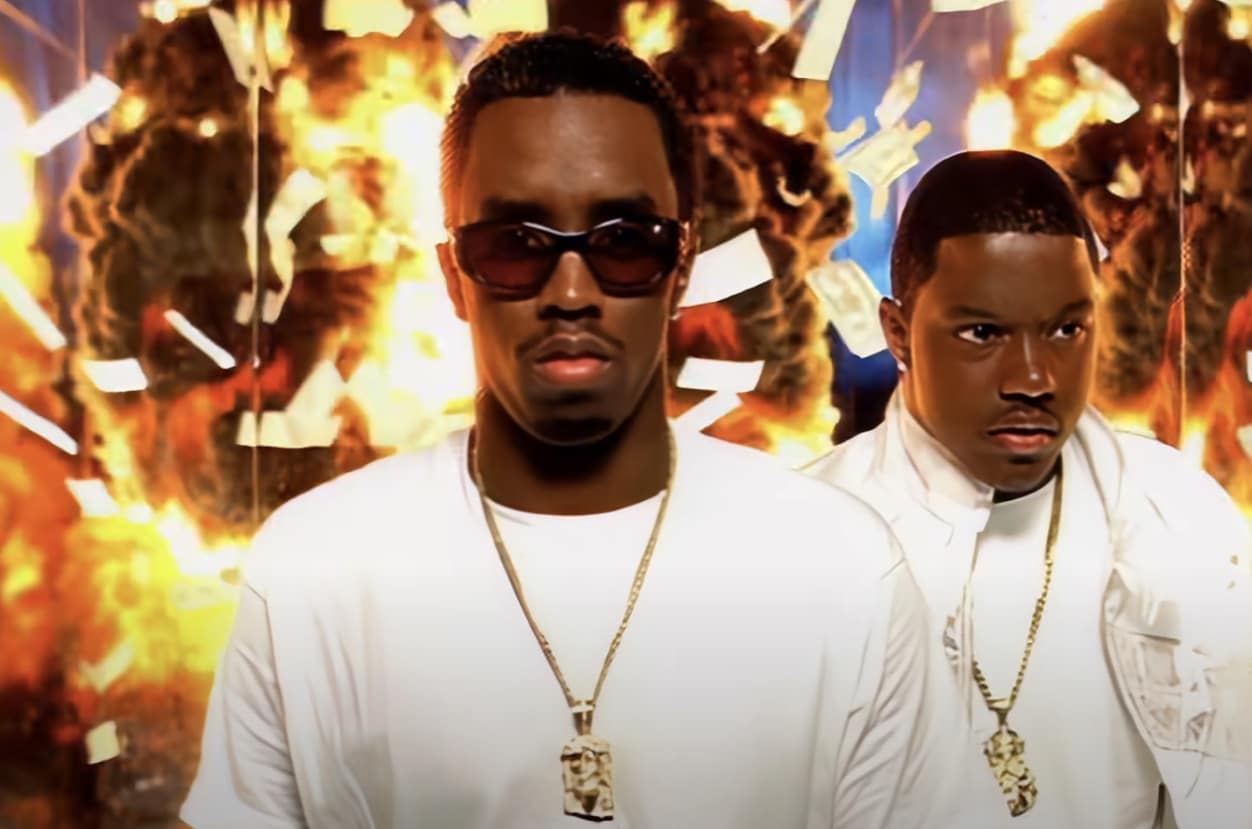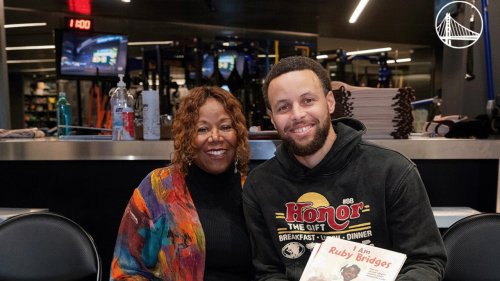‘Separate the creator from the creation’ Raven-Symoné on Bill Cosby’s legacy after abuse allegations
Can you separate the creator from the creation? Raven-Symoné thinks so when it comes Bill Cosby and his cultural impact.
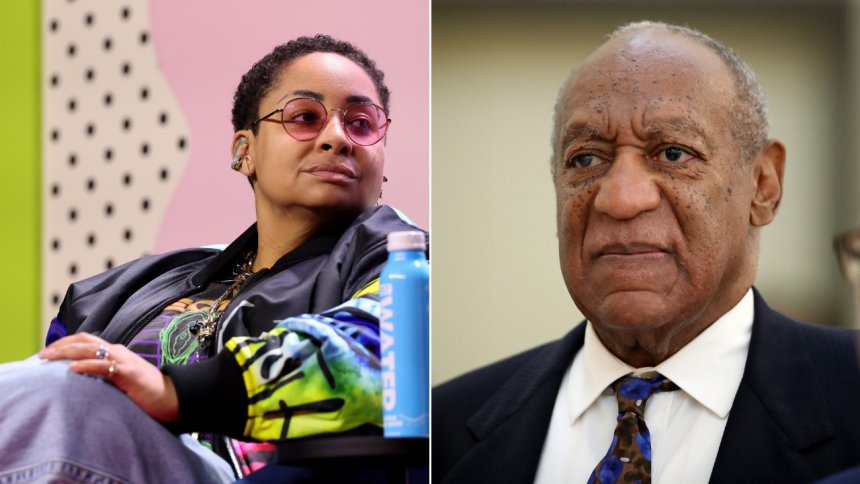
Can you separate the creator from the creation? Raven-Symoné thinks so when it comes Bill Cosby and his cultural impact.
Raven-Symoné is speaking candidly about one of the most complicated figures in her career, and arguably Black television history.
During a recent appearance on the “Hate to Break It to Ya” podcast, the actress and former child star reflected on her time working with Bill Cosby, saying she’s learned to separate “the creator from the creation.”
“Separate the creator from the creation,” Symoné said. “And that’s just where I live. The creation changed America. Changed television.”
Symoné, who played Olivia Kendall on The Cosby Show from 1989 until the series ended in 1992, acknowledged the deep contradictions in Cosby’s legacy.
“He’s also been accused of some horrific things,” she continued. “That does not excuse, but that’s his personal [life]. So personally, keep that there, and then business-wise, know what he did there as well. Like you said, both can live, and I think our culture is right to [believe that one shouldn’t] do wrong. Don’t do wrong personally. You just can’t do wrong.”
Her comments underscore the enduring cultural and moral tension surrounding Cosby’s once-revered place in pop culture. Co-created by Cosby in 1984, The Cosby Show was a hit sitcom, but also a watershed moment for representation on television. Centering a successful Black family that was unapologetically aspirational, the series ran for 197 episodes, won six Emmy Awards, and for years was heralded as proof that Black stories could anchor mainstream success.
But that legacy has been indelibly clouded by the staggering number of sexual assault allegations leveled against Cosby. The first allegations came to public attention in 2004 from former basketball team staffer Andrea Constand, but it wasn’t until a decade later, in 2014, that the accusations gained widespread attention. That year, Barbara Bowman, who had testified in support of Constand’s civil suit, wrote a Washington Post op-ed titled, “Bill Cosby raped me. Why did it take 30 years for people to believe my story?”
In the years that followed, dozens more women came forward with similar accounts. Cosby was tried and convicted in 2018 on three felony counts of aggravated indecent assault, serving nearly three years of a three-to-ten-year sentence before the Pennsylvania Supreme Court overturned his conviction in 2021, citing a prior agreement that shielded him from prosecution.
During Cosby’s trial, social media was in constant debate mode, asking the same question that’s haunted pop culture for years: can you really separate the creator from the creation? It’s a question that doesn’t just stop with Cosby. Communities have wrestled with it over and over, with figures like R. Kelly, as well as anyone whose art has shaped our memories. When that creation is something as deeply woven into our lives and culture as the show whose lessons resonated across generations, or songs that were once the soundtrack of family gatherings, the answer gets even harder to untangle.
Share
What's Your Reaction?
 Like
0
Like
0
 Dislike
0
Dislike
0
 Love
0
Love
0
 Funny
0
Funny
0
 Angry
0
Angry
0
 Sad
0
Sad
0
 Wow
0
Wow
0
